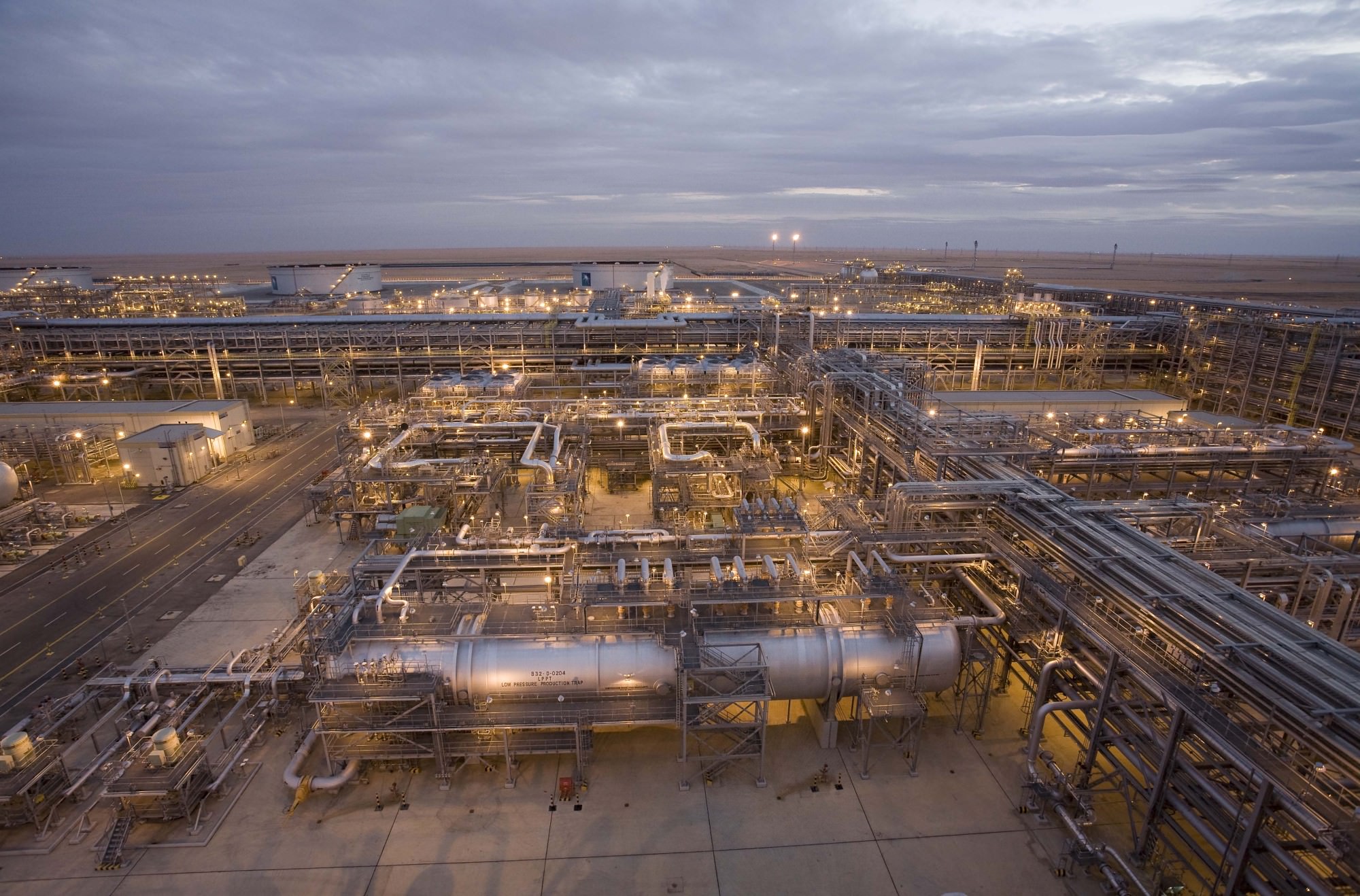Business
Aramco Posts $30 Billion Dividend - Most of It to Fund Saudi Industrial Diversification
By Belal Awad · August 8, 2023
In brief…
- Saudi Aramco increased its dividend to $30B despite a 2Q profit plunge.
- The Saudi government, which owns 90% of Aramco, will be the largest beneficiary of the dividend.
- The kingdom will use the funds to back its ambitions industrial-diversification plan.
- Saudi Arabia sits on the world's largest oil reserves.
- Saudi Arabia seeks to maintain oil prices at $80-$85 a barrel in order to fund its diversification plan.

Oil giant Saudi Aramco announced a massive $30 billion dividend despite a near-40% drop in the company’s second-quarter profits, due to lower crude oil prices and thinner refining margins.
The Saudi government, which owns roughly 90% of Aramco, stands to benefit significantly from the giant dividend. Middle East expert Sameer Hashmi told BBC the additional income will be used to fund the kingdom’s ambitious industrial-diversification program.
Saudi Aramco is one of the world’s largest publicly listed companies - and its largest oil exporter. Its $2 trillion market cap is exceeded only by Apple and Microsoft. Saudi Arabia sits on an estimated 16% to 17% of the world’s known oil reserves.
Hashmi said, “The Saudi government relies heavily on Aramco generating revenues for it, and that will help them in their oil-diversification program. They’re building these mega infrastructure projects, new tourist destinations. All this has been done keeping in mind that oil demand will decline in the decades to come. They’ll have to come up with new revenue streams.”
Saudi oil profits are also being reinvested into green energy projects worldwide as part of its diversification drive.
Saudi Arabia, a leading member of the OPEC+ cartel, has been reducing oil supply since late last year, in an attempt to prop up prices. The kingdom says it needs $80 to $85-a-barrel oil to fund its wide-ranging diversification plan, part of Crown Prince Mohammed Bin Salman’s so-called “Vision 2030” initiative. Better known as MBS, the crown Prince has vowed to implement structural changes through a series of social, political and economic reforms aimed at modernizing the conservative desert nation. Many experts believe this, in part, is the kingdom’s response to years of international scorn stemming from Bin Salman’s notoriously repressive rule.
Regardless of the motivations, the unexpected decline in Aramco’s second-quarter profits poses a potential challenge to MBS’s plans, according to Hashmi.
“Many oil companies and oil exporters had expected that demand would really zoom in China once they open the country post-COVID. But that hasn’t really happened. The recovery hasn’t been that swift, which is why there are concerns that oil demand could decline in the second half of the year,” he said.